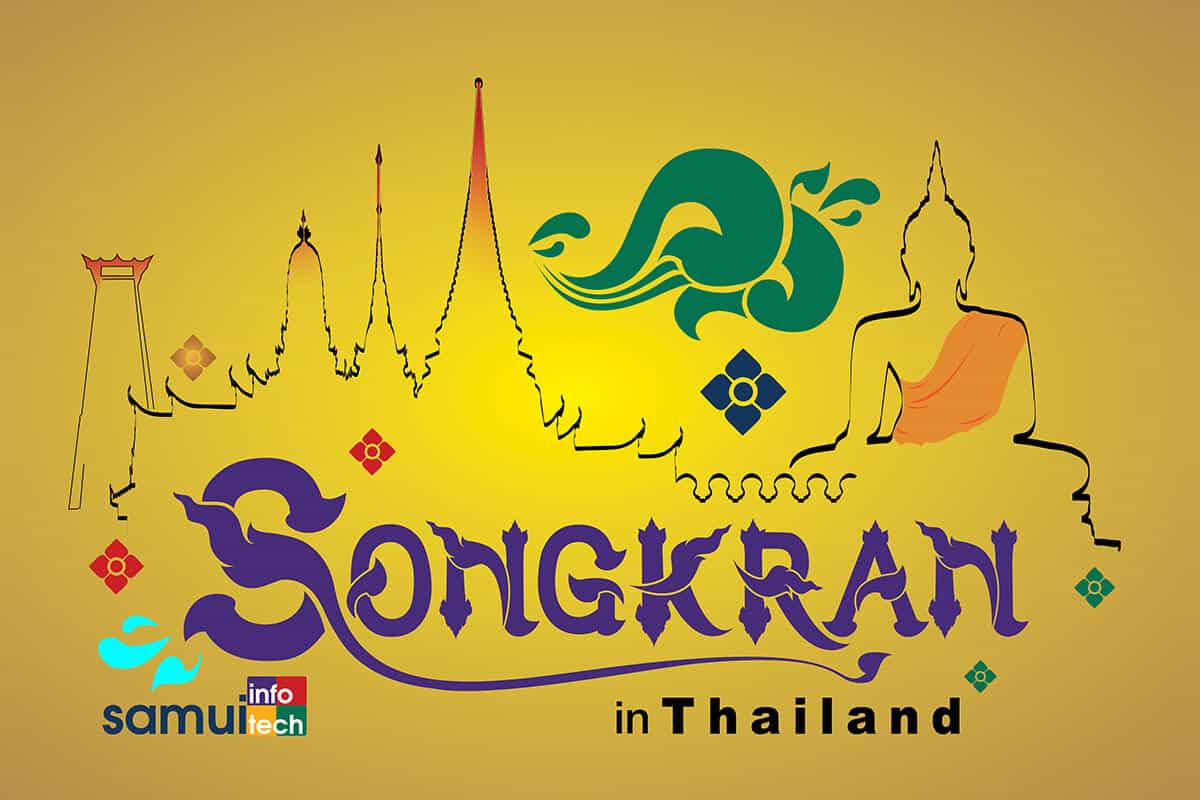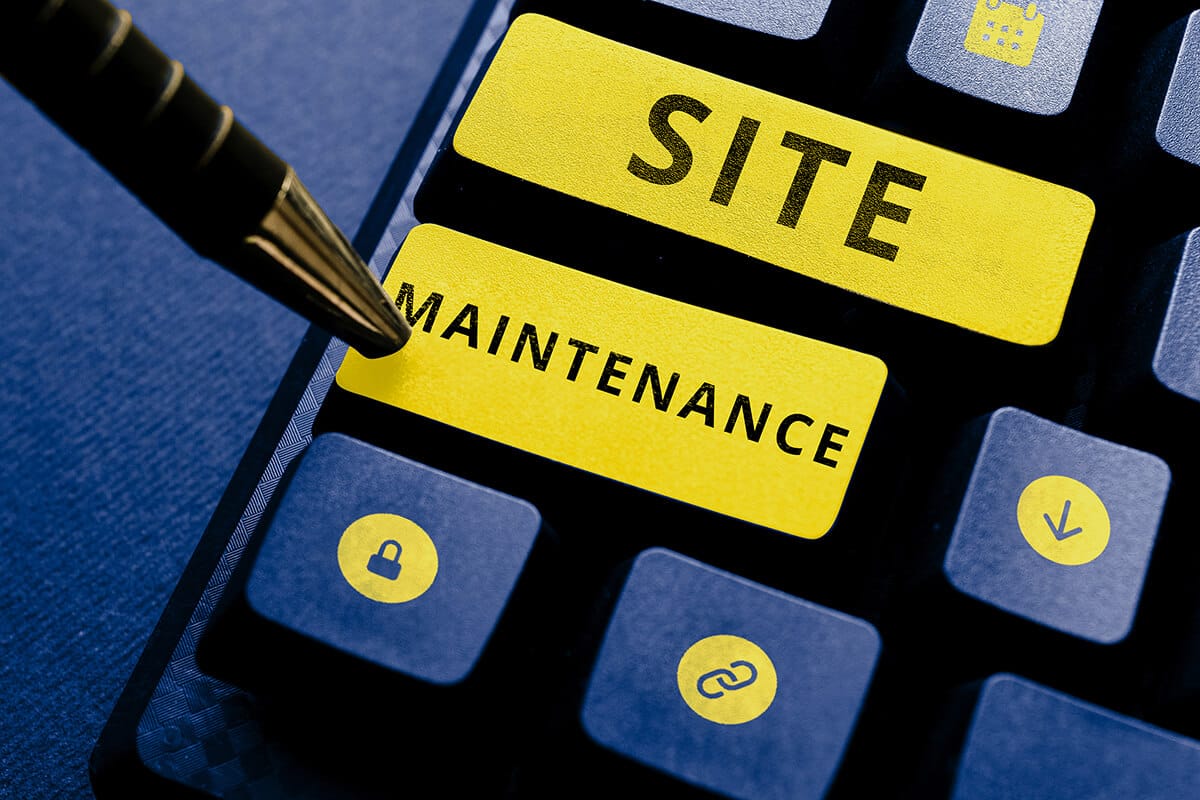Songkran (Thai: เทศกาลสงกรานต์) is the Thai New Year’s national holiday. Songkran is on 13 April every year, but the holiday period extends from 14 to 15 April. In 2018 the Thai cabinet extended the festival nationwide to five days, 12–16 April, to enable citizens to travel home for the holiday. In 2019, the holiday was observed 12–16 April as 13 April fell on a Saturday.The word “Songkran” comes from the Sanskrit word saṃkrānti, literally “astrological passage”, meaning transformation or change. It coincides with the rising of Aries on the astrological chart and with the New Year of many calendars of South and Southeast Asia, in keeping with the Hindu Calendar and Buddhist calendar. The New Year takes place at virtually the same time as the new year celebrations of many countries in South Asia like Bangladesh, Cambodia, China (Dai People of Yunnan Province), India (Baisakhi in Punjab, Gudipadva in Maharashtra, Pana or Mahabisuba Sankranti in Odisha, Ugadi in Andhra Pradesh, Vishu in Kerala etc.), Laos, Myanmar, Nepal, and Sri Lanka.
In Thailand, New Year is now officially celebrated 1 January. Songkran was the official New Year until 1888, when it was switched to a fixed date of 1 April. Then in 1940, this date was shifted to 1 January. The traditional Thai New Year Songkran was transformed into a national holiday. Celebrations are famous for the public water fights framed as ritual cleansing.
Due to the pandemic, Songkran in 2022, use to be held in limits. The authorities are asking the general public to follow basic COVID-preventive measures at all times, such as wearing masks, self-testing (with an ATK test) and social distancing.
Samui Infotech wishes all a happy Songkran 2022!



